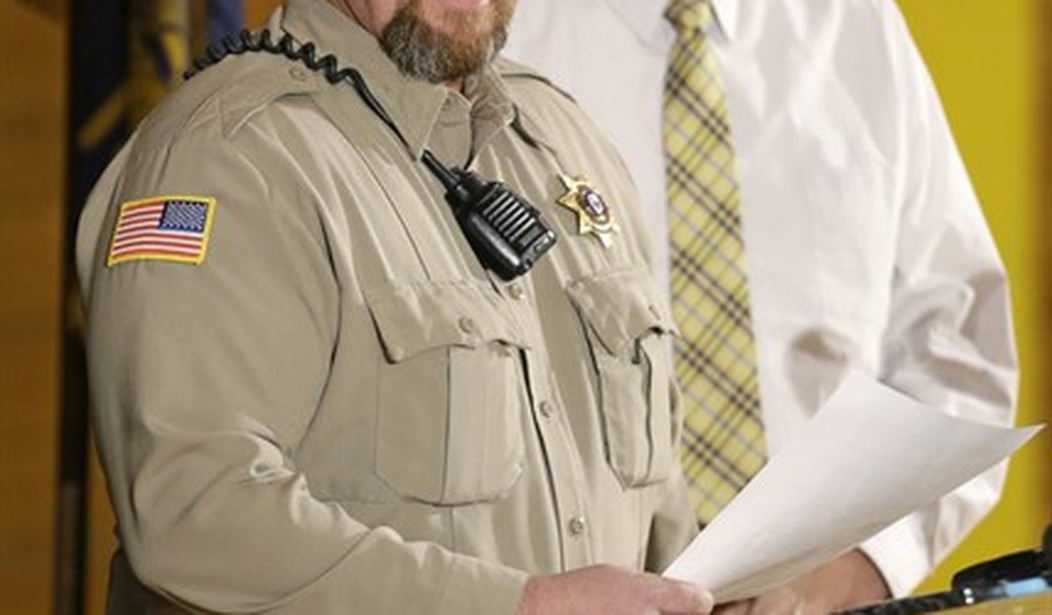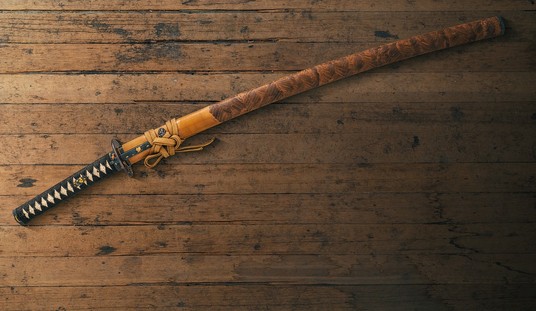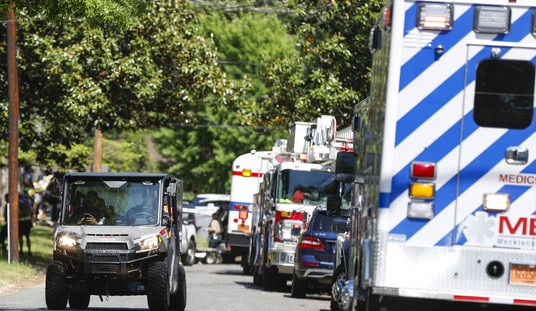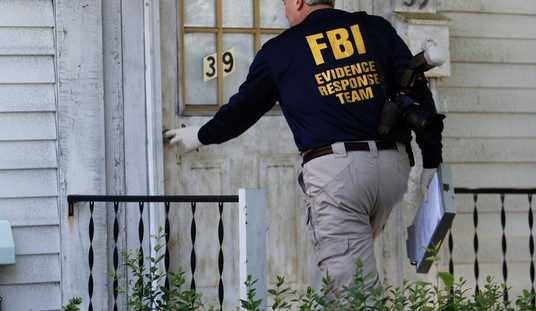There’s a remarkable double-standard shaping up in Oregon, where Measure 114 is slated to take effect in just a few weeks. As we’ve been reporting, a growing number of sheriffs in the state have publicly vowed to either not enforce the measure’s ban on magazines with a capacity of more than ten rounds, or to only apply that statute if there are underlying violent crimes attached.
The sheriffs have given several reasons for their stance, from the unconstitutional nature of the magazine ban to the lack of personnel expected to be on the streets thanks to the unfunded mandates for law enforcement contained in Measure 114’s “permit-to-purchase” law. But while the state has seen its share of progressive prosecutors refuse to enforce various sections of state law without complaint from local politicians or the media, when conservative sheriffs take the same approach media outlets like Oregon Public Broadcasting are quick to label them “extremists”.
“If you pull over a car and the person has a record, you’re telling me that her office is not going to arrest that person? Particularly if that person is a person of color or poor or has a pretty long record,” said Jessica Pishko, a New America fellow writing a book about sheriffs. “That’s one where I’m like, ‘you can’t be serious.’”
Duncan said if her deputies arrest someone who also has a high-capacity magazine, it’s up to the district attorney to decide if they will press charges.
“But if I have someone who is not a felon or I’m not arresting for anything else, I’m not going to be arresting them for possession of a magazine or do an investigation into the possession of the magazine, whether it’s lawful or not,” she said.
Sheriffs, like other elected politicians, are beholden to voters and Duncan said her office has been inundated with messages from concerned constituents. Measure 114 passed by a thin margin, largely carried by broad support in the state’s more liberal, populous counties. Voters in 29 of Oregon’s 36 counties voted against it. In more rural parts of the state, like Linn and Union counties, the vote was more than 2-to-1 against.
Pishko said sheriffs who make sweeping statements about refusing to enforce gun laws when they haven’t been asked to do so are also likely being influenced by the fringe constitutional sheriff movement founded in 2011 by former Oath Keepers militia board member Richard Mack.
My guess is that the arrest rate among people of color for violations of the magazine ban will be far higher in Portland and the surrounding suburbs than any of the counties that voted against Measure 114, but we’ll see… if the magazine ban isn’t put on hold by the courts before it can take effect, that is. But Pishko’s (and OBP’s) claim that the sheriffs’ refusal to arrest folks merely for carrying a 17-round magazine is evidence of some kind of “extremism” is ridiculous, especially in light of how Portland-area prosecutors have behaved over the past few years.
Multnomah County District Attorney Mike Schmidt announced on Tuesday that his office will not prosecute many protesters who have been arrested during recent Portland demonstrations.
Schmidt said his office will presumptively decline to prosecute those whose most serious accusation doesn’t involve deliberate property damage, theft or the use or threat of force against someone else.
Charges that fall under that category include interfering with a peace officer, second-degree disorderly conduct and rioting, among others.
There’s also the fact that Oregon votes have already endorsed the idea of ignoring disfavored laws when they signed off on Measure 110 two years ago; an initiative that decriminalized (at the state level, anyway) the possession of small amounts of drugs that are still very much illegal under federal law. It’s hypocritical, to say the least, for OPB to chide these sheriffs for their supposed defiance of the Constitution’s Supremacy Clause when the state itself is ignoring what federal law has to say when it comes to narcotics.
It’s even more ridiculous given the long history of similar acts on the part of state and local governments, which date back to at least the time of the Fugitive Slave Act in the 1850s. Not only did at least one state refuse to enforce the federal law, many peaceable citizens declined to do so as well. In 1851, for instance, 41 armed citizens, both black and white, were charged with treason after a slave-owner and four federal marshals were fired upon as they tried to capture several escaped slaves who had made their way to the state from Maryland. After just fifteen minutes of deliberation, the first individual who went to trial was acquitted by a jury of his peers, and charges were quickly dropped against the remaining defendants.
Prohibition saw a similar rise in the number of local jurisdictions who refused to lift a finger to enforce the federal alcohol laws, and you even had cases of “wet” cities in “dry” states that either turned a blind eye or largely ignored the state-level restrictions on booze.
Since then, we’ve seen similar moves to adopt “sanctuary” city and state laws forbidding cooperation or enforcement of federal immigration laws, while 39 states and the District of Columbia have moved to legalize marijuana to some degree within their borders even though it’s still prohibited under federal law.
When progressive police chiefs or district attorneys pledge not to enforce state-level abortion, immigration, or illegal drugs, their friends and allies in the media are quick to hail them as heroes or champions taking a stand against injustice. When Oregon sheriffs say they don’t plan on making the state’s latest victimless, non-violent, possessory “crime” an enforcement priority, on the other hand, they’re tarred and feathered as “extremists” and part of a “fringe” group of law enforcement officials. The way I see it, these sherifffs are simply erring on the side of the Constitution, and they have plenty of history and tradition on their side far beyond the right to keep and bear arms.








